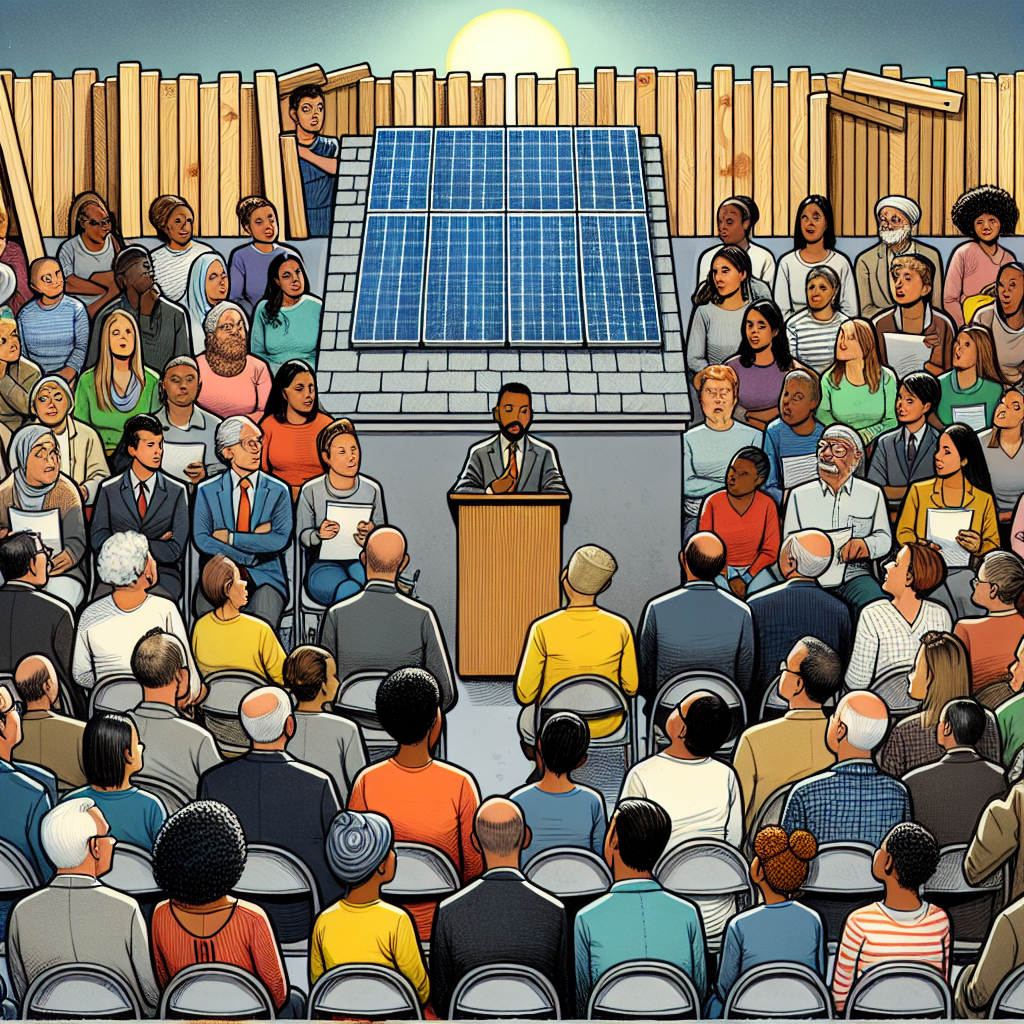In 2024, rooftop solar adoption has faced challenges due to policy changes, resulting in a projected 26% decline in installations nationwide. However, despite this slowdown, there is still strong interest in residential solar, with 47% of likely voters reporting they are somewhat or very likely to consider a solar installation on their home within the next five years. This enthusiasm is driven by the perceived benefits of solar, such as reducing electricity bills and providing backup energy during extreme weather events.
However, financial hurdles remain a significant barrier to adoption, with 39% of respondents citing the upfront cost as the main reason for not pursuing rooftop solar. Additionally, renters and others who are not the head of their household face unique challenges, with 26% stating they lack the decision-making authority to make permanent changes to their homes.
Despite these obstacles, there is bipartisan support for solar energy, with 63% of voters believing that pairing solar panels with battery storage can reduce the frequency of blackouts. This support is also reflected in the fact that 65% of voters anticipate that solar will lower their electricity bills.
The findings of this survey highlight the need for increased awareness of available incentives, such as tax credits and rebates, to help overcome financial barriers to solar adoption. Additionally, policymakers should consider ways to make solar more accessible for renters and others who may not have decision-making authority over their homes.
Overall, the strong interest in residential solar and the perceived benefits it offers suggest that there is still potential for growth in the industry. However, addressing the barriers to adoption will be crucial in ensuring that solar continues to play a significant role in the nation’s energy landscape.

